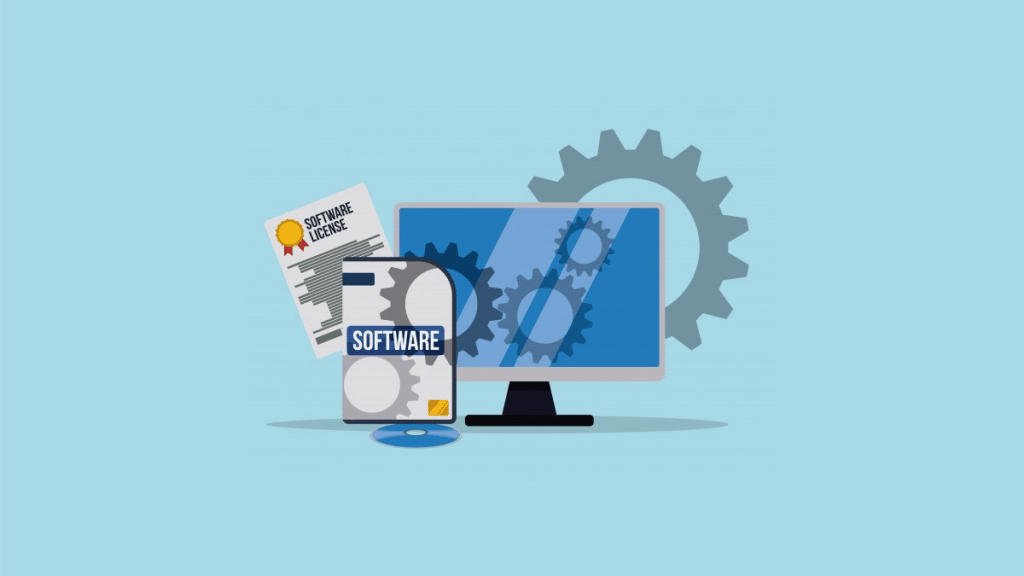Software licensing is a method of distributing software and the conditions under which it can be used, sold and modified. Licenses for software are legally binding agreements between the copyright holder of a piece of software and its potential users.
What are the Terms Included in Software Licensing?
For example, all software licenses have certain terms that must always be included:
- They will identify who owns the rights to the software (the licensor).
- They will identify who is using it (the licensee).
- They will indicate whether or not the licensee has permission to use the software for commercial purposes.
- They may include terms that prohibit reverse engineering or copying.
- They may include warranty disclaimers and limitations on damages in case something goes wrong while using it.
What Are the Benefits of Software Licensing?
Improved flexibility
Software licensing offers flexibility in your budget. Companies that license their software can purchase upgrades or additional licenses if the need arises. Many companies also find that licensing their software can be cost-effective in the long run when factoring in support costs. If a company has an internally developed application, it can be much easier and cheaper to maintain than an externally licensed program since you will not have to pay support fees or royalties on upgrades every time you want an update. This can save money over time as well as provide more flexibility in licensing options.
Portability
Licensing also offers portability benefits because it doesn’t require installing anything on your own computer. The software is installed on the server instead, so employees only need access via the network rather than through their own computers. This prevents the risk of data loss due to hard drive failures or other failures on individual computers, which can be especially beneficial for companies.
Reduced risk
Licensing helps reduce the risk that you will release infringing software into the market. By ensuring you develop and distribute your product in compliance with all applicable licenses, you have a lower chance of being sued by an IP owner for patent infringement or copyright violation.
It gives software owners full control
The other benefit of a licensing agreement is the ability to manage what happens with your software once it has been licensed out. You can control who has access to your program and how they can use it, as well as under which circumstances they can make copies of it. It gives you more security in knowing that your investment in both time and money is protected from piracy or other inappropriate use by others. The licensing document will detail how you want users to interact with your software, how long they are allowed to do so, and what penalties they will face if they do not comply with those rules.
Key Takeaway
Software licensing allows users to use a piece of software but prevents them from copying or modifying it. This has multiple benefits over general ownership. For instance, software licensing ensures that the original creator of the software can control how it is used, which can be important for certain applications and builds trust in their product. Besides, licensing helps to ensure that the user is using up-to-date versions of the software. If a user owns one copy of the software, they might not be inclined to upgrade to a newer version if it’s difficult to switch between versions. Finally, users who need only one copy of an application tend to like this arrangement because they don’t have to pay for multiple copies they don’t need.


